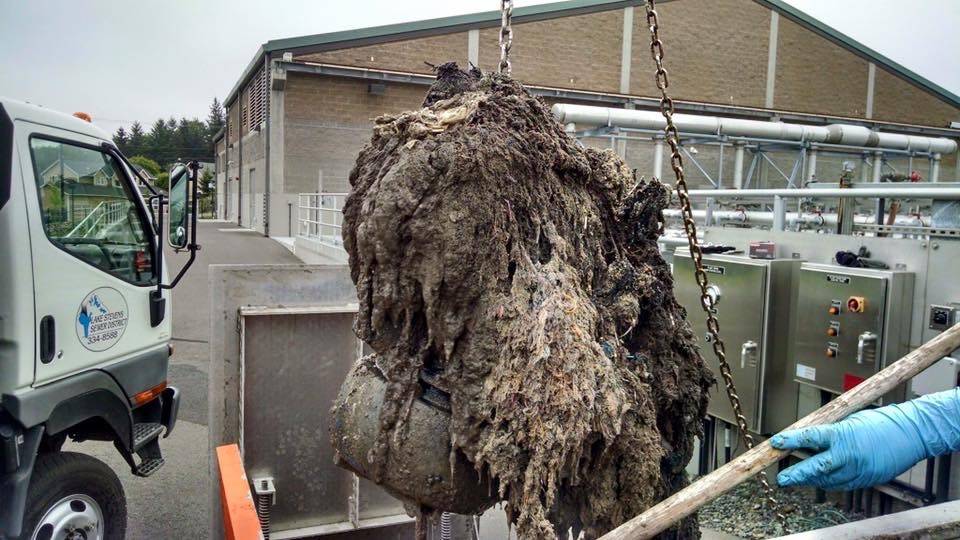Submitted by
Water and sewer districts throughout the state are taking all steps necessary to continue providing safe and reliable water and sewer services for the duration of this emergency. In recognition of the pandemic’s economic impact, special purpose water and sewer districts are also considering and implementing financial relief for customers that include waived late fees, deferred shut-offs, and incremental payment plans to help customers through this difficult time.
The novel coronavirus / COVID-19 virus has not been detected in tap water. Standard procedures for tap water filtration, disinfection, and treatment removes or inactivate the virus. In contrast, bottled water is not required to meet the same standards, it’s much more expensive, and both the manufacturing and resulting empty plastic bottles are harmful to our environment. We encourage everyone to use (and store) tap water—it’s the safest, least expensive, and most environmentally sound source of water.
Sewer utilities also present no known risk. Current data suggests that standard municipal wastewater treatment practices are sufficient to inactivate coronaviruses. The CDC is reviewing all data on COVID-19 transmission pathways and believes the risk of transmission through sewer systems is low.
PUT ALL DISPOSABLE WIPES IN THE GARBAGE, NOT THE TOILET
There is a significant risk to the sewer utility in the form of disposable wipes. Even though some disinfectant wipes are labeled “flushable,” our experience has shown this is not the case. [See photos- Wipes jammed in sewer infrastructure at Lake Stevens Sewer District] Disposable baby wipes, disinfecting “pop up” wipes, paper towels, and even small make-up remover wipes are the #1 cause of a clogged sewer line. Homeowners are responsible for the cost of repairing a clogged sewer line—this is not a problem or an expense anyone wants to incur during a public emergency. Please dispose of all types of wipes in the garbage.
Water and sewer districts are working to ease the immediate financial pain for customers. For example, North City Water District Manager, Diane Pottinger, reports the District will not terminate water service to any account, charge late fees, or file any new liens. Northshore Utility District Manager, Al Nelson, reports they suspended shut-offs’ and late fees, and have unlocked pre-existing service terminations of occupied buildings. Other actions are under consideration by the elected boards of the districts.
As a state-wide association of 182 special purpose districts, the Washington Association of Sewer & Water Districts supports districts that provide water, sewer, or combined water and sewer utility services. Special purpose water districts serve 22% of our state’s population; special-purpose sewer districts serve 21 percent.




